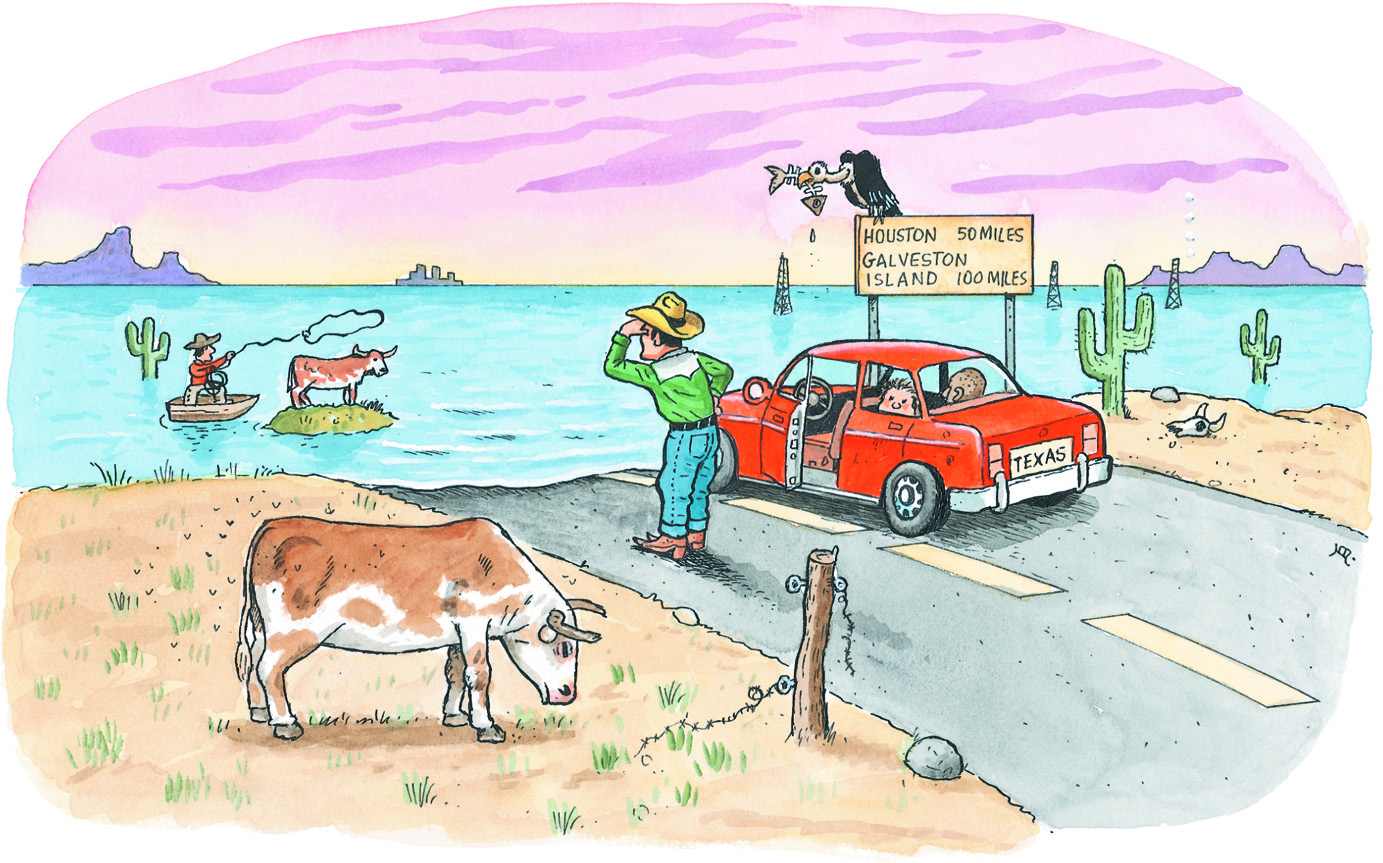
Overview
In this section you will find materials that support the implementation of EarthComm, Section 7: How Might Climate Change Affect Your Community?.
Learning Outcomes
- Construct an argument based on evidence for the ways that higher global temperatures could affect your community.
- Obtain and evaluate information about the factors that influence climate and the difficulty in predicting the effects of higher global temperatures.
Inquiring Further
- To learn more about calculating how much energy your school uses, visit the following web sites:
Estimating Appliance and Home Electronic Energy Use, U.S. Department of Energy
Provides a formula for estimating energy consumption.
Measuring Energy Usage, Fermilab Science Education Office
Provides formula for calculating the annual cost to run an appliance.
- To learn more about energy sources that do not produce carbon dioxide, visit the following web sites:
Solar, U.S. Energy Information Administration
Examine the benefits of solar energy as well as the different ways that solar energy can be harnessed and used.
Wind, U.S. Energy Information Administration
Examine the benefits of wind energy as well as the different ways that wind energy can be harnessed and used.
- To learn more about your state’s cooperative research and extension service, visit the following web sites:
Cooperative Extension System Offices, USDA
Use the map to find your nearest Cooperative Extension office.
Resources
To learn more about this topic, visit the following web sites:
Problems with Making Predictions/Computer Models
Predicting Impacts of Climate Change, Carnegie Melon Univ.
Describes various climate models and their strengths.
Weather Prediction, Climate Prediction. What’s the Diff?, Duke University
Describes how weather predication and climate predication are different and the problems inherent in each.
Technology and Models
Energy and Environment Division Postdoc Puts Solar Technology to Work at Home, US Dept. of Energy
Explore reasons why solar-based technology is not isolated from problems associated with computer models.
Climate Change and the Future
Future Climate Change, US Global Change Research Program
Describes projection of future climate based on the amount of heat trapping gases in the atmosphere.
Future of Climate Change, EPA
Examines what the future holds for the Earth with climate change.
Consequences of Climate Change, NASA
Describes results that scientists had predicted in the past would result from global climate change: loss of sea ice, accelerated sea level rise and longer, more intense heat waves.
Changes in Sea Level and Ocean Circulation
National Close-up: Science Talk, Washington Post
Glacial melting effects many systems in and surrounding our oceans. Reporters address typical questions regarding these relationships.
Climate Change, Variability and Prediction, NOAA
Find information on NOAA scientists' interpretations and predictions regarding sea level conditions.
